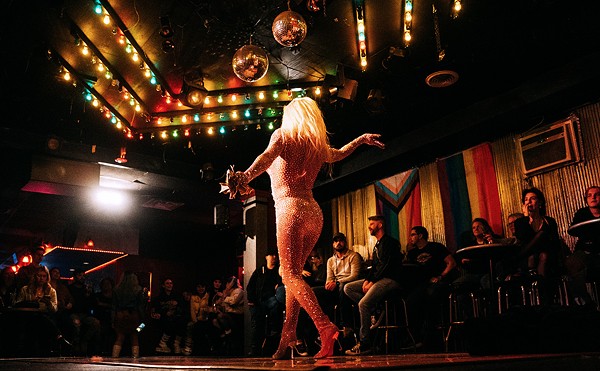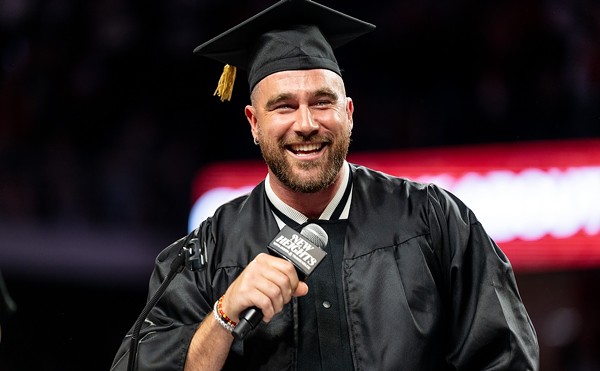Critic's Pick
When playwright Peter Shaffer’s Equus opened on Broadway 35 years ago, it wasn’t easy to discern his purpose. Had he set out simply to craft a racketing good script with a philosophical undertow for audience members to puzzle over with their after-theater drinks? Or had he aimed higher? Had he sought to create a classic drama that would keep questioning some of the verities of civilized life?
With John Dexter directing and Anthony Hopkins and Peter Firth giving explosive performances in leading roles, he certainly achieved the former — and kept on achieving it through 1,200 performances as Richard Burton, Anthony Perkins and Leonard Nimoy succeeded Hopkins. It also became a powerful 1977 film featuring Burton and Firth in Academy Award-nominated performances.
Whether or not it’s a deathless classic, the jury’s still out on that — just as it is on Shaffer’s next success, Amadeus. Here’s what’s certain: 35 years later Equus feels undated if not yet timeless. And it’s as provocative as ever, especially in an energized New Edgecliff Theatre production that masters its theatrical challenges, explicates its thought and, most importantly, confirms the level of assurance and artistic maturity that NET showed in recent productions of Glengarry Glen Ross and Death of a Salesman.
Late teenager Alan Strang (Cary Davenport) works weekends at a riding stable, grooming and mucking stalls but never riding the horses — or so he says. Under prompting from a devoutly Christian mother (Regina Pugh) and counter-prompting from an adamantly atheist father (Mike Dennis), the boy has actually devised his own secret rituals of worship in which horses have become his gods. He is also getting into some sexual fumbling with a sweet-hearted, somewhat older, more experienced girl (Sara A. Clark). Then on a furious, frenzied Saturday night he blinds six horses. This brings him under the scrutiny and care of psychiatrist Martin Dysart (Michael Shooner), who is caught up in a perfunctory marriage and a flummoxed relationship with a court official (Aretta Baumgartner). In his way Dysart is as deeply troubled and in need of ritual as Strang.
Some of the episodic script is expository, some of it elegantly poetic. Gradually it fits the puzzle pieces together with a few loose 34 ends, some alarming conclusions and some scattershot accusations about how civilization comes only at a cost, thanks to its capacity to curb the spirit. While Dysart daydreams about the gods of ancient Greece (so he says), the boy is out galloping naked through midnight meadows astride a great horse that is both his slave and his god. Dysart believes he can cure the boy and take away his pain — but only at the expense of his spirit.
Director Alan Patrick Kenny has enriched the script’s ritualistic structure by giving the stagecraft a ritual tone. Cast members add sound effects, move set pieces and focus attention with lighting instruments. He has drawn electric performances from all nine cast members then melded them into a seamless, relentless, electrifying whole.
Davenport plays Alan Strang with absolute authority in movement and reveals the boy’s desperate character down to its depths. Shooner eschews irony and makes Dysart blunt, sympathetic and frankly terrified. Baumgartner gives perhaps her strongest performance ever. Clark makes the girl warm and winning. Dennis and Pugh are admirable as the parents. In an impressive combination of acting and athleticism, John Scheller plays a young horseman and the great horse Nugget simultaneously. Daniel Britt and Kate Glasheen complete the company as the stable owner and a nurse.
Technical credits are excellent, especially the intuitive soundscape Paul Lieber created to support most of the action.
EQUUS, presented by New Edgecliff Theatre, continues through Oct. 17 . Buy tickets, check out performance times and find nearby bars and restaurants here.





